- Free schools for IDP children in Arakan State struggle to stay open amid funding shortfall
- Female-headed IDP households in Ponnagyun Twsp struggle as commodity prices surge
- Min Aung Hlaing likely to take State Counsellor role in post-election government formation: Analysts
- Hindus express hope for educational reform under AA administration
- Arakanese zat pwe performers struggle to survive as conflict halts traditional shows
BGB’s involvement in border clashes seen as complicating Arakan conflict
Frequent clashes between the Arakan Army (AA) and the Muslim armed group ARSA (Arakan Rohingya Salvation Army) along the Myanmar-Bangladesh border have taken on a new dimension, with AA sources and border residents alleging that some members of Bangladesh’s Border Guard (BGB) have been providing support to the Muslim insurgents.
14 Oct 2025
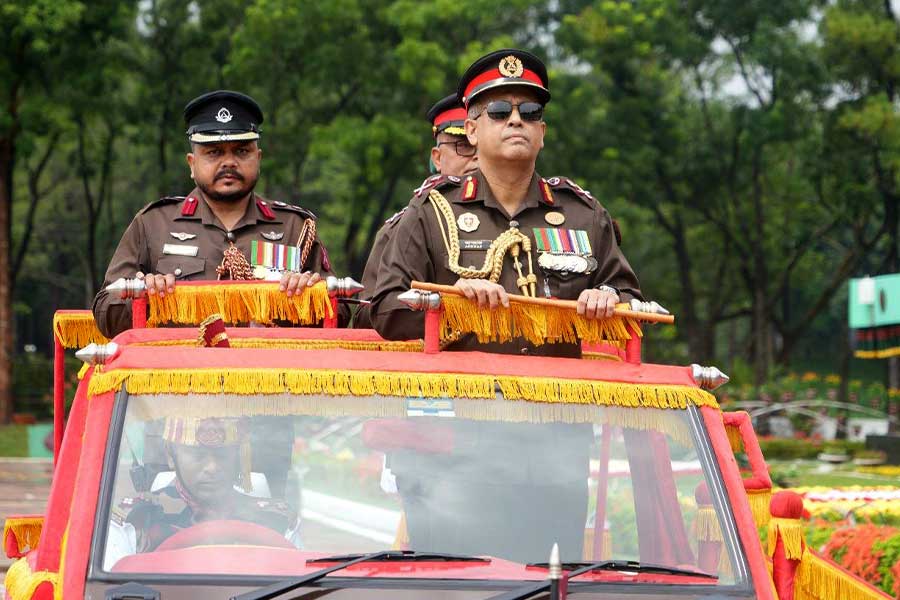
DMG Newsroom
14 October 2025, Maungdaw
Frequent clashes between the Arakan Army (AA) and the Muslim armed group ARSA (Arakan Rohingya Salvation Army) along the Myanmar-Bangladesh border have taken on a new dimension, with AA sources and border residents alleging that some members of Bangladesh’s Border Guard (BGB) have been providing support to the Muslim insurgents.
Observers warn that such actions amount to interference in Myanmar’s internal affairs and further complicate the already fragile situation in Arakan State and along the border.
“Bangladesh seems to have a hidden agenda. While the AA is fully engaged in fighting the junta, Bangladesh has begun backing ARSA and RSO (Rohingya Solidarity Organisation) at this critical time. They believe that if the AA weakens, they could gain influence in Buthidaung and Maungdaw. What began as covert support is now becoming open interference,” said Arakan political analyst and writer Wai Hun Aung.
The Arakan Army has repeatedly called on Dhaka to take effective action against certain BGB officers who allegedly provide logistical or military intelligence assistance to Muslim armed groups.
According to AA statements, these groups have established fortified camps on the Bangladeshi side of the border — close to BGB outposts — from which they infiltrate into Arakan territory. The AA accuses some BGB personnel of helping transport injured fighters, supplying food, ammunition, and intelligence, and even coordinating operations using radar surveillance.
On September 27, the AA urged Bangladesh to investigate and punish those involved. However, the BGB publicly denied on September 29 that it provides any form of support to ARSA or RSO.
Bangladeshi political observers suggest that the government must closely supervise the BGB and maintain diplomatic engagement with the AA to avoid escalation.
“There may be some individuals acting out of ethnic or religious sympathy, but such violations could easily spiral into long-term problems. Dhaka needs to keep the BGB under control, while the AA should also maintain diplomatic restraint,” said a Bangladesh-Myanmar affairs analyst.
Recently, on October 12, a BGB soldier reportedly lost one leg and sustained severe injuries to the other after stepping on a landmine planted by armed groups near the border.
Local residents say BGB’s alleged cooperation with ARSA and RSO threatens peace and coexistence in Arakan.
“Bangladesh should focus on building peaceful, mutually beneficial relations with Arakan State. Economic cooperation could bring prosperity to both sides. Supporting armed groups only breeds resentment — we, the Arakan people, cannot accept that,” said Ko Wa Gyi, an Arakanese youth.
The AA now controls nearly 168 miles of rugged border territory with Bangladesh, a position that provides both strategic advantages and serious security challenges. At the same time, the AA faces accusations from overseas Muslim groups alleging human rights abuses — claims it denies.
Currently, ARSA has been launching sporadic attacks on AA security posts near Maungdaw’s northern border, including PB-52, PB-56, PB-57, and areas near Taung Pyo Letwae and Kyee Kyun along the Naf River.
The AA also reported on October 10 that daily clashes continue across five key frontlines — in Arakan, Magway, Bago, and Ayeyarwady regions — as fighting with junta forces and allied groups intensifies.




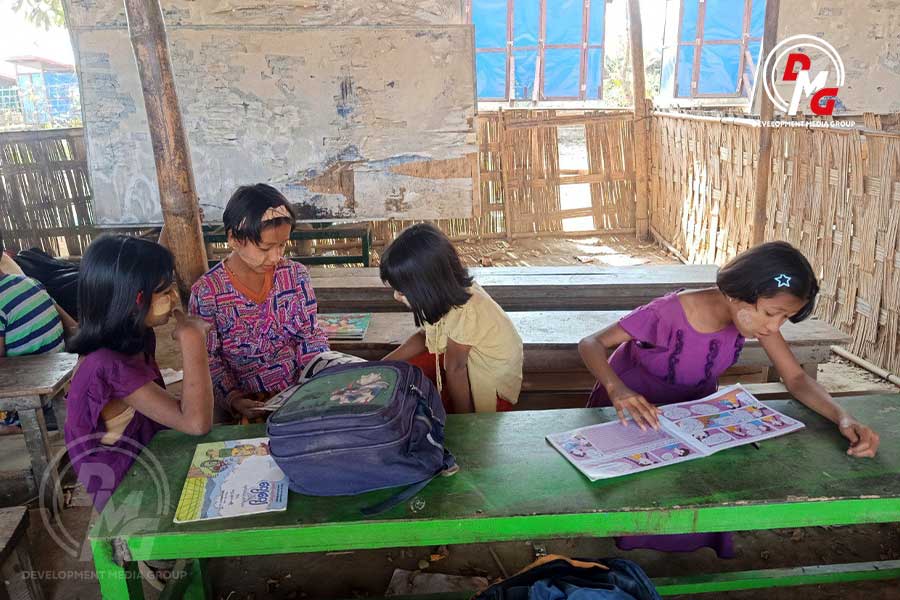
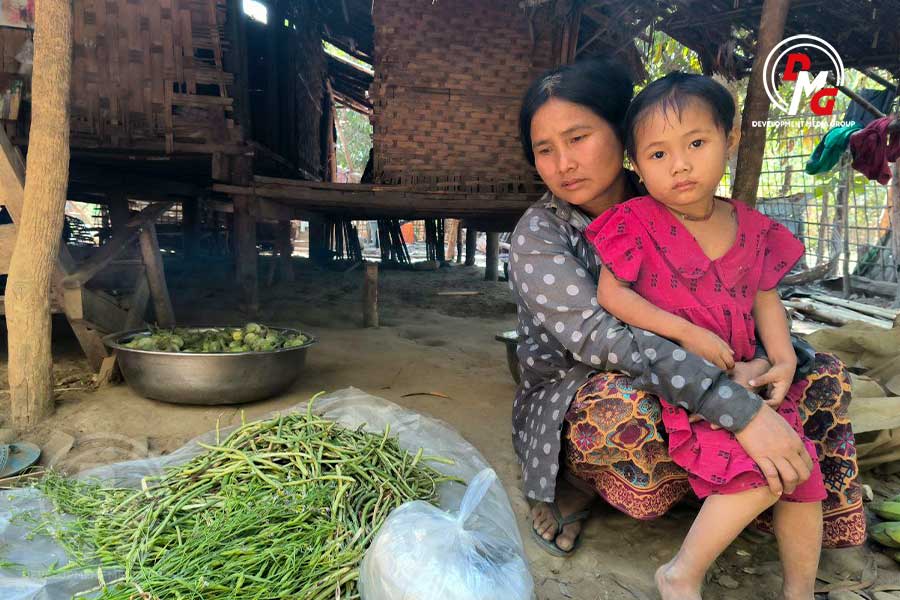
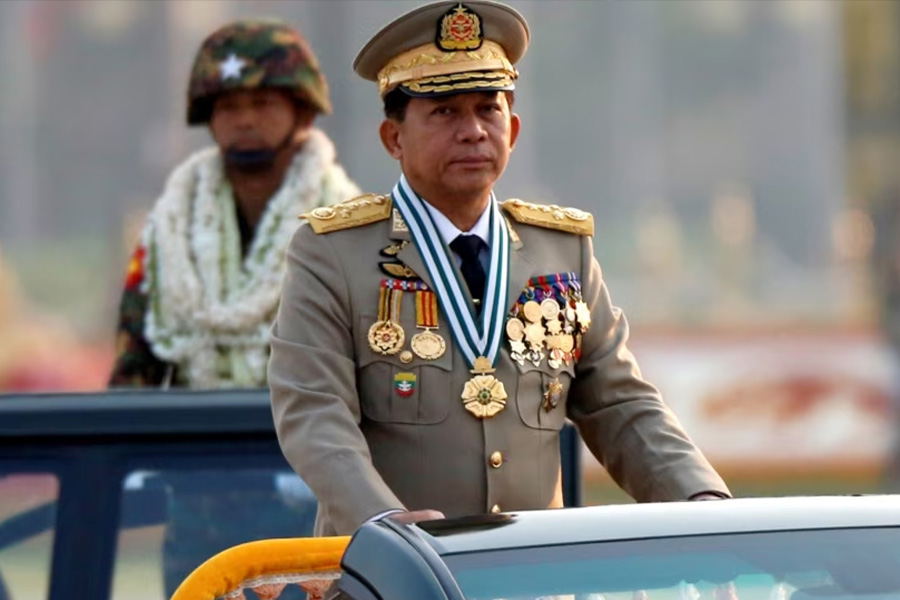
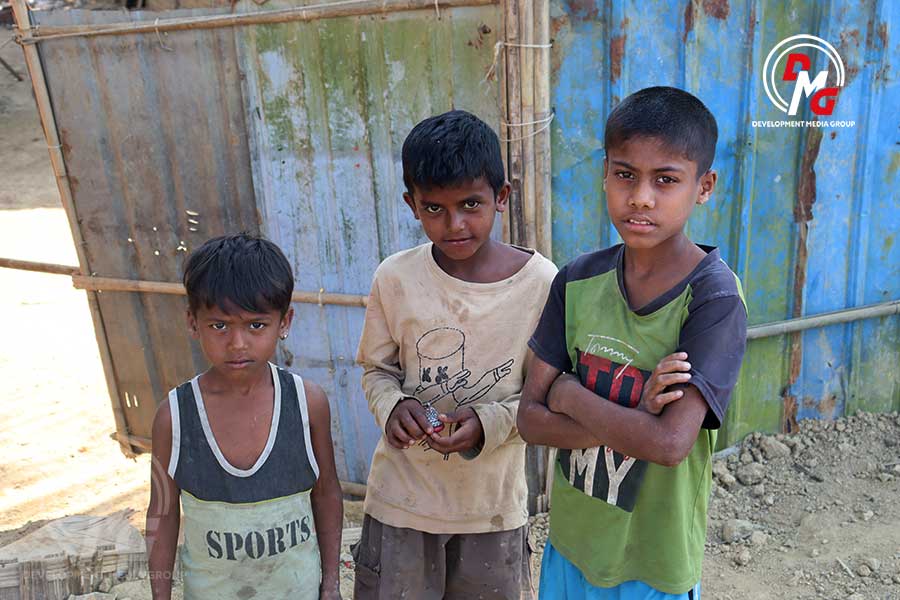
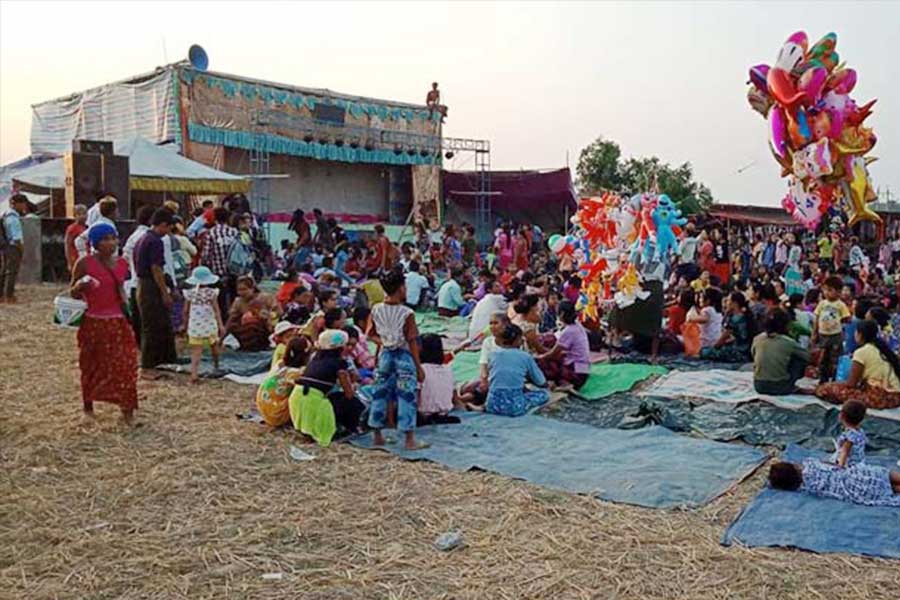








.jpg)